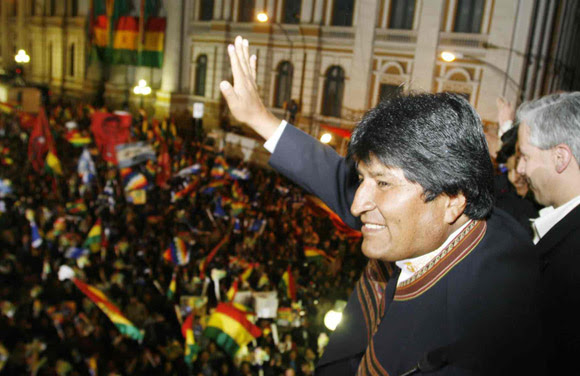


The Enlightenment discourses also served to criticize the aristocratic elite as a group immersed in a sumptuous, dissolute, and idle life. The partial appropriation of strongly contested European theories of climatic determinism helped to create a gendered discourse that questioned the virility of European men born and raised in the Americas (creoles), depicting them as feeble and effeminate but also questioned the virility of indigenous men who were taken to be in a state of infancy, and were therefore lacking in sexual interest. ( 1 ) Relying upon the scientific discourses of the Enlightenment, the colonial intellectual elite reinforced the relation between specific masculinities and each racial phenotype: creoles, African descendants, indigenous people and castas (“free mixed-race individuals”).

the petimetres, who were often depicted as Spanish creoles, or the maricones -who were often described as being of African ascent- late colonial Peruvian society associated distinct masculinities with different racial phenotypes. Her most recent publications include: “La incorporación de la perspectiva de género en los planes de estudio de la PUCP”, Entorno 66 (2018): 10-17, doi:, and “‘Hombres de temperamento delicado’: Determinismo climático, moda masculina y cuidados maternos en la prensa ilustrada.” In Género y mujeres en la historia del Perú, edited por Claudia Rosas (Lima: PUCP, 2019). Her research and teaching interests focus on dissident masculinities, women in history, and gender equality in Higher Education. Researcher specialized in History of Sexuality, Women and Gender Studies, she is a member of GÉNERO PUCP-Research Group on Gender Studies at the PUCP. She holds a doctoral and master’s degree in History from Stony Brook University (USA) and a B.A. **Magally Alegre Henderson Deputy Director of the UNESCO Chair in Gender Equality at Higher Education Institutions at Pontificia Universidad Católica del Perú (PUCP), where she is also Coordinator of the Doctoral Programme in History and Professor of History at the Humanities Department.


 0 kommentar(er)
0 kommentar(er)
